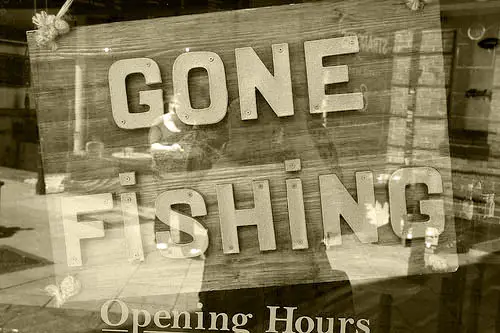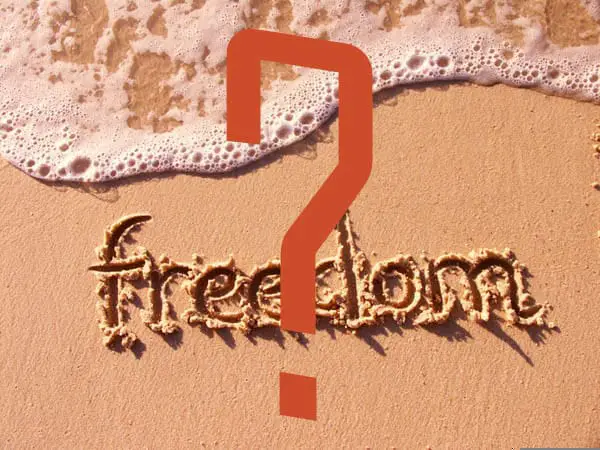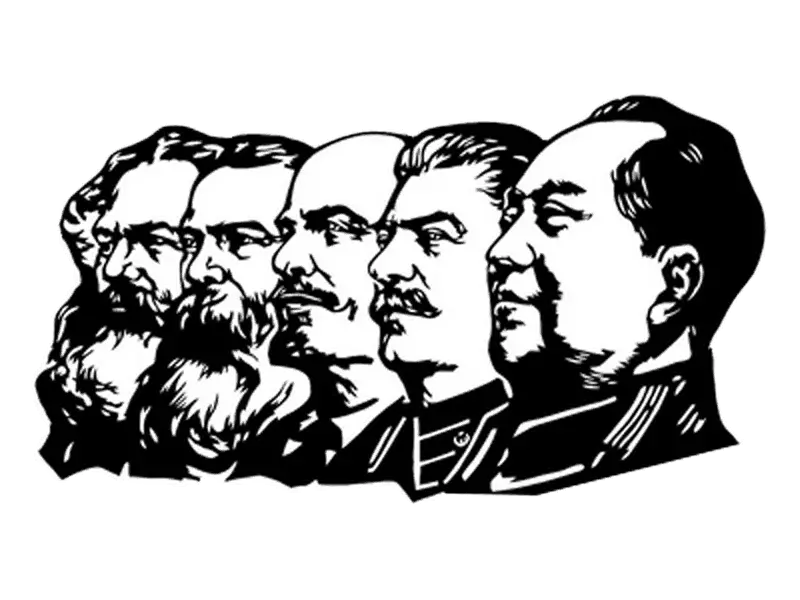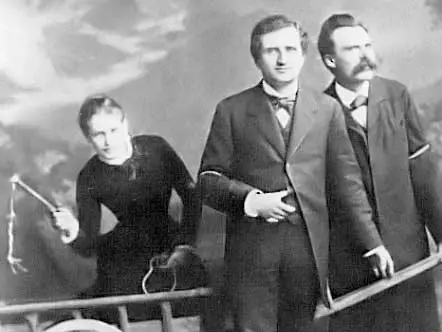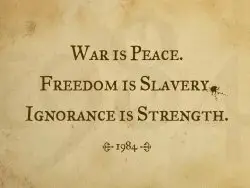Buridan’s bridge, which makes an ass out of Socrates

After connecting the paradox of choice to Buridan’s ass yesterday (it also connects to Protagoras vs. Euathlus case discussed before that), another one came to mind. Buridan’s bridge, as this paradox is primarily known, although Buridan simply called it ‘You will throw me in the water’, involves Plato, Socrates and a …. bridge. As Buridan recounts the story:
“Let us posit the case that Plato is the master of the bridge and that he guards it with such a powerful military support that nobody can cross it without his permission. And then Socrates arrives, asking Plato with insistence to let him cross. Then Plato, getting angry, vows and takes an oath of the form: ‘Certainly, Socrates, if with your first proposition that you will utter you say something true, I will let you pass, but certainly if you say something false, I will throw you in the water’. And then Socrates says to Plato the above-mentioned sophism, namely, ‘You will throw me in the water’. The problem then is: what should Plato do to keep his promise?” (as recounted in Seventeenth Sophism of Buridan’s Sophismata, Gyula Klima translation).
One part of the paradox is that it is surprisingly difficult to find an edition of the text that is free for circulation without violating any copyrights. It was written in the first half of the 14th century, how can it be so difficult to find a link to a translation that is free?
Back to the paradox at hand. For obvious reasons, this is just another variation of the liar paradox. However, this particular paradox has some humorous solutions:
- Socrates could have stayed silent and not uttered any word. It would be quite difficult to say whether what he is saying is true or false. After all, Plato posits “if”, and only if, Socrates utters something (true or false) he would thrown in the water – not uttering anything would let him pass. We know that Socrates didn’t remain silent (if you read Plato, you should know that it is difficult to keep Socrates quite for a long time).
- Another solution is that Plato’s statement is in the future tense. As Buridan implies, there would be no paradox as such, because the statement does not have a true/false premise: “I cannot know whether it is true or false until I see what will be the case with that future act, because it is in the power of Plato to make it true or false”.
- Plato could do nothing at all, and let his army throw Socrates into the water. Here, we have to see “you” in a semantic sense, referring not to Plato as a person directly, but to the whole guarding the bridge. Though here too we would have a quasi-solution as in the first case.
- Plato could do nothing again, and let Socrates pass over the bridge. However, once on the other side, he could throw Socrates into the water, thus staying true to his word and not resorting into a paradox.
There is a moral point to Buridan’s bridge, and Buridan is aware of this. He ends the Seventeenth Sophism with a hint of dissatisfaction on the types of statements we make. Thus, when we reach the question, ‘what should Plato do to keep his promise?’, we have already gone further than we should have. Buridan: “I say that he does not have to keep his promise, nor should he promise anything in this way”.
This is a strong moral point and not simply in the modern sense of “don’t make promises you cannot keep”. Certainly that plays a role here too. But Buridan’s main force is in the general statements about the future. Statements in the future contingent are …. well, contingent – one cannot derive a sense out of them without resorting to the bearer of the statement for the truth or falsity of it. And this is not only on the interpersonal level, but especially so when we speak of different forms of rule (and this is partially why democracy has a certain advantage over other forms). For a blind trust into statements about the future (say ‘Change’ for Obama, or ‘Reformer with Results’ for Bush – sidenote: spot the difference in the two slogans!) is exactly where we as people become dependent on the other for the truth or falsity of their statement. Surprisingly, that is something we can keep waiting for indefinitely: and the further the promise, the more questionable its intention.


